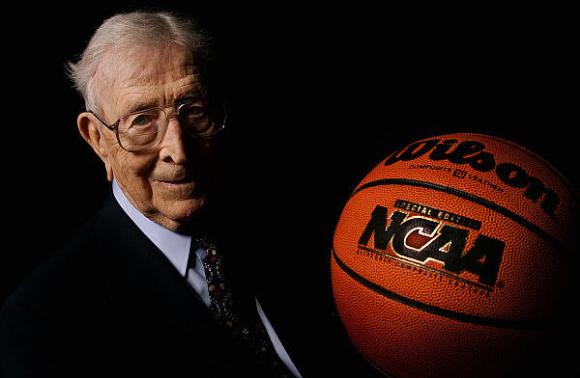Word of the Week: RESEARCH
Research is a key aspect of the music therapy profession, especially since it continues to be a growing field! In order to find better ways to treat clients and make progress in music therapy, we rely on research. Many music therapy professionals and music therapy students are members of AMTA (American Music Therapy Association), which provides yearly access to music therapy journals. Two journals are quite prevalent in the field: The Journal of Music Therapy and Music Therapy Perspectives.
As music therapy students, we are frequently conducting research projects for classes and practicum, but it’s important to carry those research habits beyond the classroom into the field! I’m already getting into the habit of planning my daily sessions, but it is important to find research to back up the REASON for each music therapy application. This word of the week was a nice reminder for me to keep up with the research skills I developed in undergrad!
-Marjie




